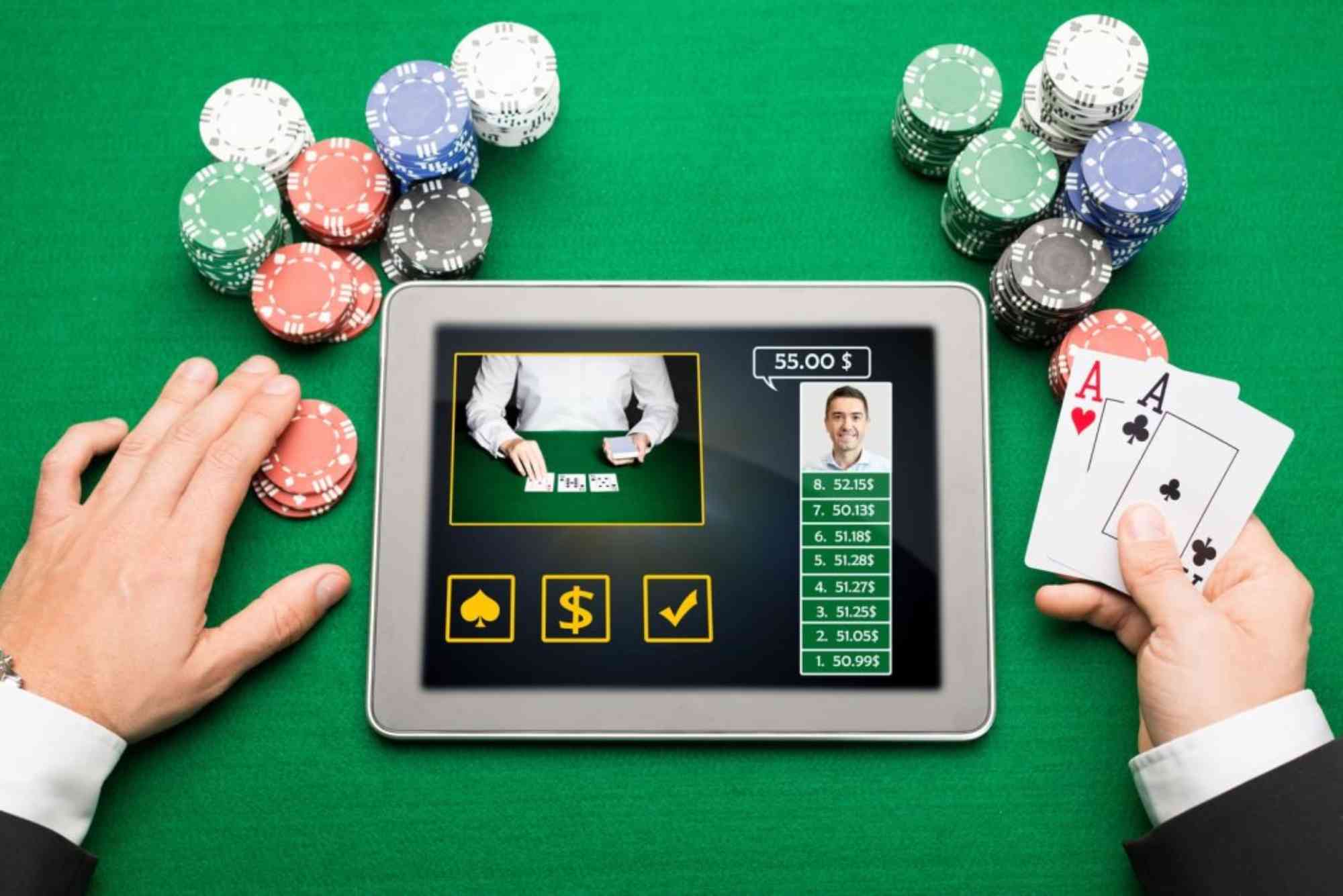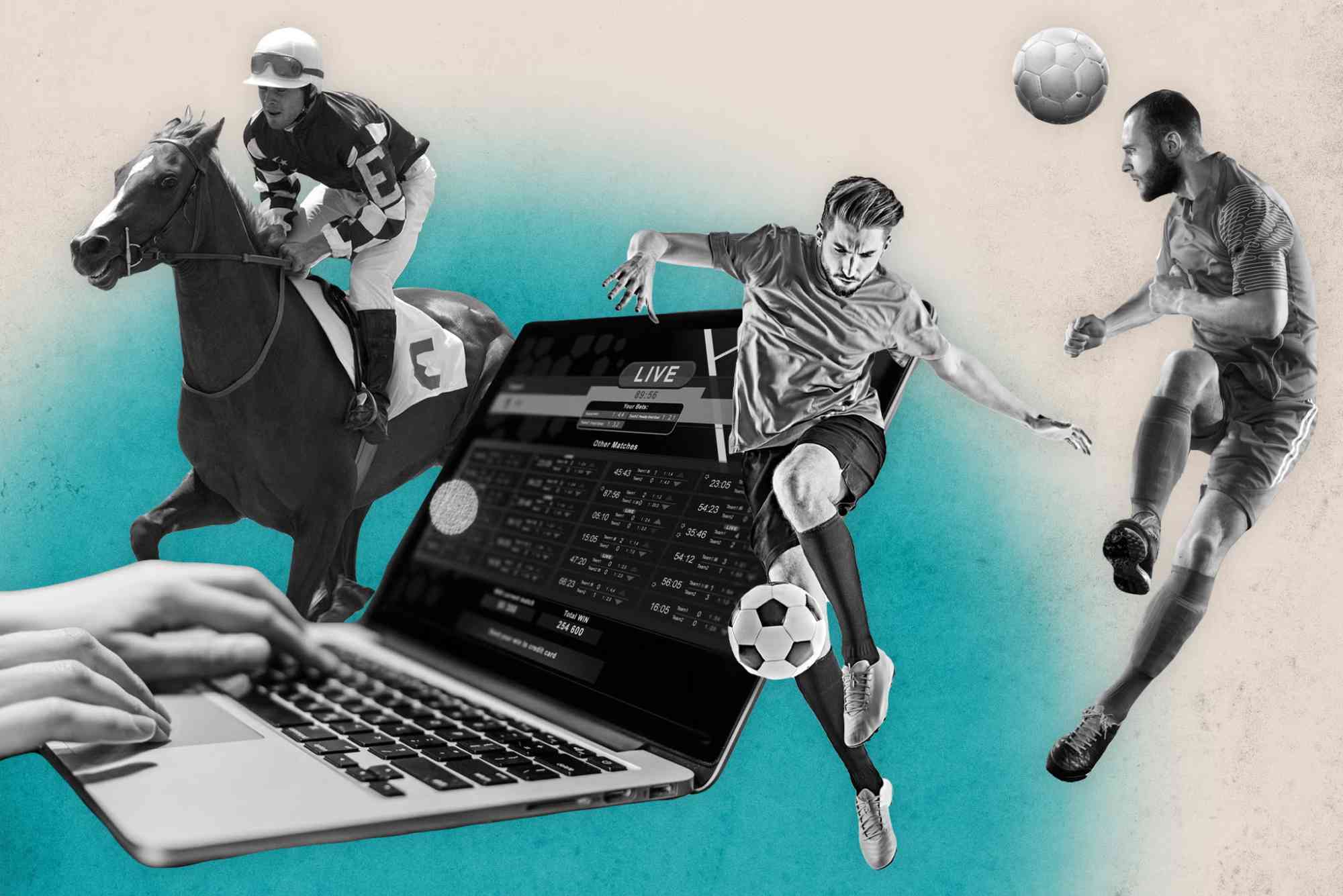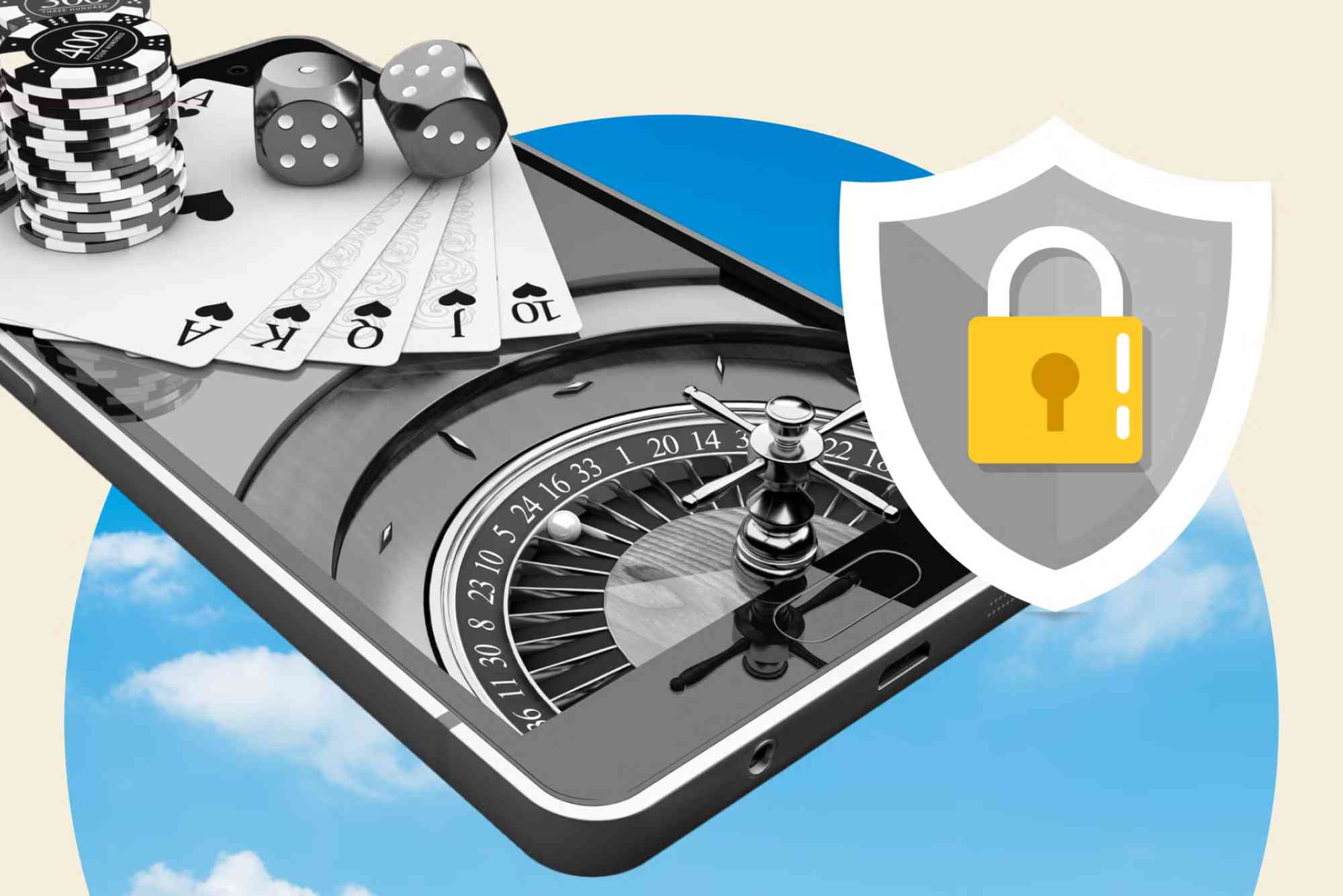Betting odds are often seen as purely mathematical, the product of algorithms crunching numbers based on form, history, and probability. While that is partly true, the reality is far more complex. Crowd psychology—the way groups of people react, think, and behave—plays a huge role in shaping odds. When bettors rush to back a favorite, or when public sentiment swings after a big event, odds can shift dramatically. Understanding this dynamic is essential for anyone who wants to grasp how betting markets really function.
The Influence of Public Sentiment
Odds are designed not just to reflect likely outcomes but also to balance the book for bookmakers. If one side receives a surge of bets because the crowd strongly believes in a particular outcome, bookmakers will adjust the odds accordingly. This means that the odds don’t always reflect pure probability—they also reflect the weight of money behind each option.
For example, in football, a popular team like Manchester United often attracts heavy betting regardless of their actual form. The crowd’s collective optimism pushes odds lower than they might otherwise be. This is why some bettors look beyond surface numbers to assess whether odds represent true value. Similarly, in innovative sectors like crypto casino uk, public excitement and speculation can shape market trends, demonstrating how psychology consistently influences betting and gambling behaviors.
Herd Behavior and Market Overreaction
Herd behavior is one of the most powerful forces in betting. When people see others backing a particular outcome, they are more likely to follow suit, creating a snowball effect. This often results in market overreactions. A single injury update, a star player’s absence, or even a rumor can cause bettors to pile onto the opposing side, rapidly shifting odds.
Sharp bettors, who stay calm and analyze rationally, often take advantage of these swings. They understand that markets tend to overcorrect and that value can often be found by betting against the crowd. It’s a classic example of how human psychology interacts with statistics in real time.
Emotional Reactions in Live Betting
Crowd psychology is even more apparent in live betting. As games unfold, emotions run high. A goal, a missed penalty, or a red card can spark immediate betting surges. While algorithms adjust odds instantly, the human element creates momentum that isn’t always grounded in long-term probability.
For instance, a team that concedes early may see their odds lengthen quickly, but if they are strong and likely to recover, that drift may offer savvy bettors a prime opportunity. Emotional reactions often drive live betting more than rational assessment, and bookmakers know how to capitalize on this.
Media, Hype, and Social Influence
Media coverage and social networks amplify crowd psychology in betting. A viral highlight, an expert’s confident prediction, or even trending hashtags can influence where bettors put their money. Platforms thrive on engagement, and betting markets respond accordingly.
This creates a feedback loop: as public opinion strengthens, odds shift, and those shifts further validate the crowd’s sentiment, encouraging even more bets in the same direction. Breaking out of this loop requires critical thinking and discipline, traits many casual bettors overlook in the excitement of the moment.
The Role of Bookmakers in Managing Psychology
Bookmakers aren’t just passive observers of crowd psychology—they actively manage it. Their goal is not to predict outcomes perfectly but to ensure balanced action on both sides so that they profit regardless of the result. By adjusting odds to reflect both probability and betting patterns, they leverage psychology to control risk.
This is why odds for popular teams or events are often skewed. Bookmakers know the crowd will bet heavily on them, so they reduce potential payouts by lowering odds, even when probability might suggest otherwise.
What Bettors Can Learn from Crowd Psychology
For bettors, recognizing the influence of crowd psychology is vital. Blindly following public sentiment rarely pays off. Instead, successful betting strategies often involve going against the crowd when odds no longer reflect value.
By keeping emotions in check and looking for inefficiencies created by herd behavior, bettors can find opportunities. Understanding that odds are as much about perception as they are about probability is the first step in developing a more disciplined, long-term approach.
Final Thoughts
So, how much does crowd psychology affect betting odds? The answer is: significantly. While data and algorithms form the foundation of odds-making, human behavior shapes the way those odds move in real time. Herd mentality, media hype, and emotional reactions all play a part in distorting markets.
For bookmakers, this is good business. For bettors, it’s both a challenge and an opportunity. Those who can separate themselves from the crowd and think independently stand the best chance of finding real value. In the end, betting odds are not just numbers—they are a reflection of both probability and psychology.




